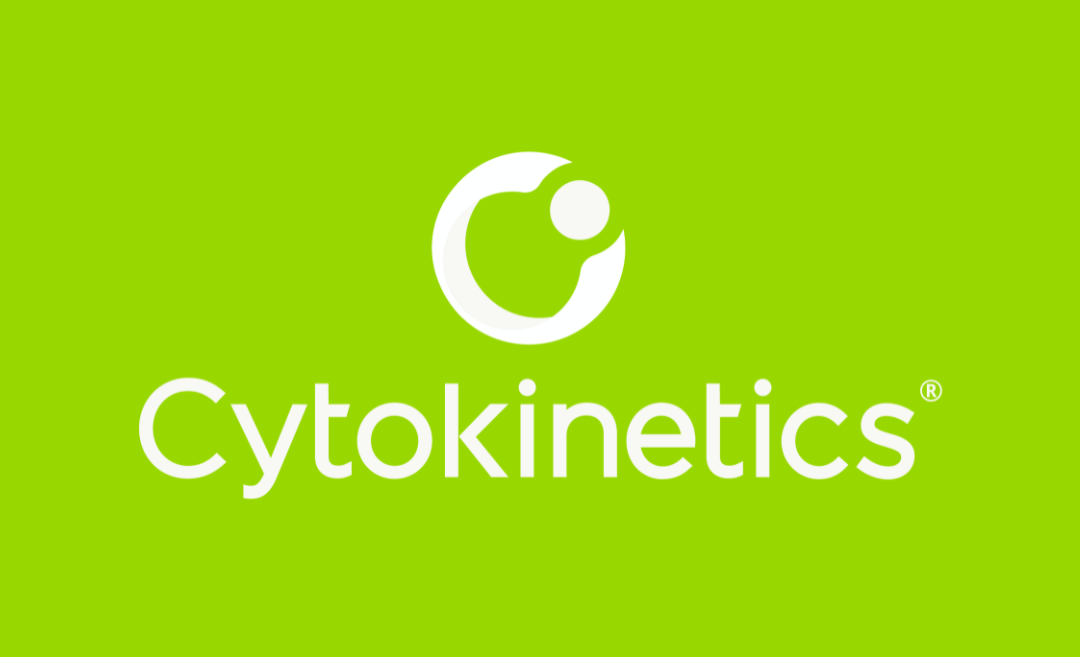The US obesity management arena gained a major new competitor last week with the FDA approval of Eli Lilly’s Zepbound, giving obese and overweight patients in the US a second (on-label) option beyond Novo Nordisk’s Wegovy.
- Zepbound is Lilly’s new obesity-targeted brand for tirzepatide, which has been available to US diabetic patients under its Mounjaro brand since May 2022
- Although often referred to as a GLP-1, tirzepatide uniquely activates both GIP (affects adipose tissue regulation and storage) and GLP-1 (increases feeling of fullness and decreases gastric emptying) hormone receptors
Zepbound already has significant momentum, given the massive popularity of GLP-1s, the fact that many people were already using Mounjaro as an off-label weight loss treatment, and tirzepatide’s impressive weight loss achievements in recent studies:
- Lilly’s SURMOUNT-3 and SURMOUNT-4 trials showed that tirzepatide allows overweight people who don’t have type 2 diabetes to shed a massive 26% of their weight
- Before that, tirzepatide drove 13.4% to 15.7% weight reductions among people with T2D in the SURMOUNT-2 trial, and 15% to 20.9% reductions in non-diabetic adults in SURMOUNT-1
- Like all GLP-1s (so far), tirzepatide also comes with a risk of adverse GI events
Those weight loss results should make Zepbound a formidable opponent to Novo Nordisk’s Wegovy, which might have a first-to-market advantage, but only achieved 10.9% to 14.9% weight reductions in previous trials.
Zepbound’s launch could also improve patient access to GLP-1s, potentially alleviating shortages, and creating more price flexibility.
- Lilly executives were sure to point out that Zepbound’s $1,059 monthly price is 20% lower than their “lowest competitor,” and highlighted new programs that can reduce Zepbound to between $25 and $550 per month with commercial coverage
- Time will tell if increased competition drives down prices further, or increased adoption drives expanded payor coverage
Particularly notable to CW readers, tirzepatide has also been shown to positively impact key cardiovascular metrics, including cholesterol and blood pressure.
- However, its cardiovascular impact might prove to be much greater in the future, given that it’s currently being evaluated in a range of cardiovascular-related studies (MACE, CKD, and HFpEF).
- One more reason for cardiovascular optimism: Novo Nordisk’s semaglutide was recently shown to reduce major cardiovascular events by a whopping 20% over five years.
The Takeaway
There’s arguably no pharma segment with stronger patient demand than GLP-1s, and Zepbound’s weight loss and cost advantages just made that segment even hotter.





